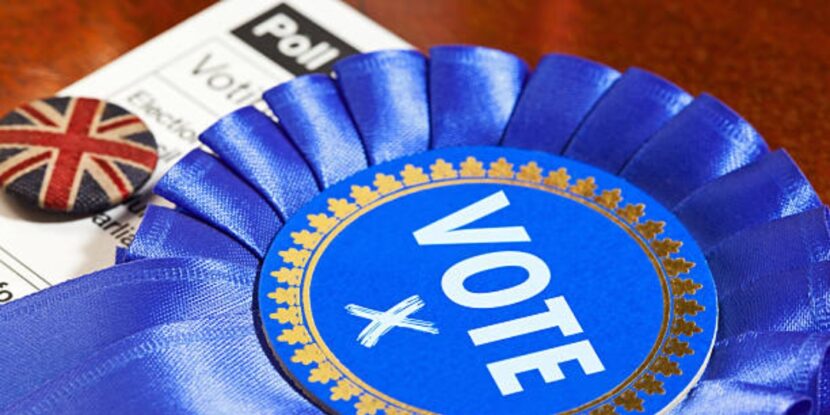British general election polls might be overstating the Labour Party’s substantial lead over the Conservative Party in the United Kingdom. Conservative election expert Robert Hayward, a member of the House of Lords and former member of the House of Commons, believes his analysis of local election results indicates higher support for the governing party among undecided voters than current polls suggest.
“About 33 years on, I am yet again convinced that a statistical bias exists in the polls,” said Hayward, who identified the so-called ‘Shy Tory’ effect in 1992. The Conservatives (Tories) were behind Labour ahead of the 1992 election, but many people voted for them despite telling pollsters they would not, indicating some Conservative voters were reluctant to disclose their support.
Recent surveys have shown Labour leading by 14 to over 20 points. Constituency-level polling from YouGov forecasts a landslide Labour victory when the election is held on July 4, projecting that Labour could win more than 400 seats out of 650.
Hayward acknowledges Labour’s significant lead but believes the polls may not be entirely accurate, with undecided voters having the potential to shift toward the Conservatives.
Polling industry experts also noted the risks of methodological errors. One told the Guardian there are “lots of reasons to be concerned about a polling error this time around.”
“There are serious data quality issues across the industry, where it’s getting tougher to ensure the people taking part in surveys are real, taking the surveys seriously, and representative of the wider population,” they explained.
The Conservatives won a surprise majority in 2015 after pollsters predicted a hung parliament with no party in overall control. Pollsters also predicted Britons would not vote for Brexit in 2016.




















